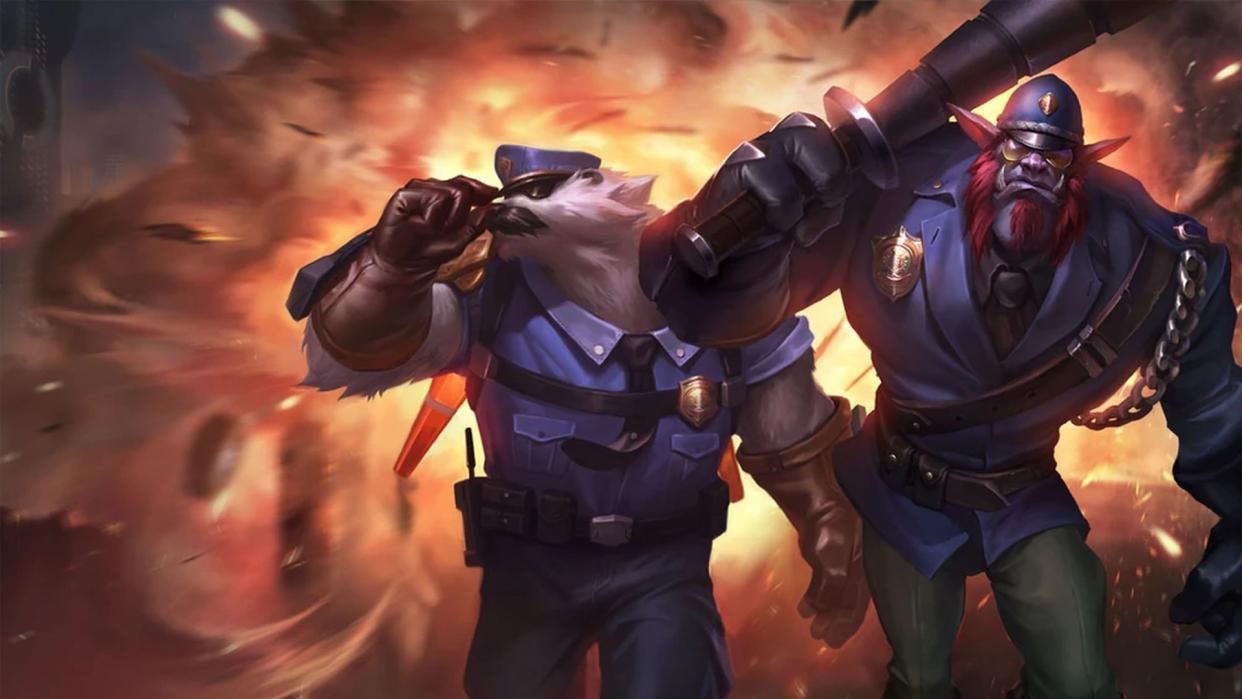After nearly 15 years, League of Legends finally gets the anti-cheat boost that might help solve its massive botting problem

More than a decade after it launched, League of Legends has finally initiated a strict anti-cheat tool that the community has been asking for for years - full hardware bans.
Yesterday, Phillip Koskinas, head of anti-cheat at LoL and Valorant developer Riot Games, showed off a graph outlining League of Legends bans, showing a substantial uptick in punishments meted out since the start of the month. That uptick matches up with the rollout of Vanguard, a somewhat controversial anti-cheat tool that operates at 'Kernel level' on your machine, meaning that it can prevent disallowed software operating at the same time as the game.
Vanguard has not proved particularly popular, primarily because of its access to players' systems, and reports that it was damaging PCs. Riot has hit back against those claims, and seems to be standing by Vanguard - Koskinas' tweet seems evidence of strong support, and Riot's official Dev Team account quoted that initial post to provide a little more context behind that rise in bans.
The new software means that the League of Legends devs are now "starting to target more cheats that we weren't able to action on in the past." That explains the rising number of bans, but it also means that recent ban-waves "come with League's first ever Hardware ID bans, increasing the action weight against cheaters."
A Hardware ID ban is different to an account ban, in that it targets the identification tools of your system, effectively removing the ability to access the game from your current computer. In the past, prolific cheaters could have their accounts permanently banned, but could simply boot up new accounts, or even buy pre-levelled ones at relatively low cost. Now, their entire PC can be banned from the game, significantly increasing the price of starting over.
In this 14-year history of League of Legends, this is a step that Riot has never taken before. The most high-profile similarity was the 'indefinite' banning of streamer Tyler1, whose repeated disruptive behaviour at the time led to Riot arranging to ban any account that could be identified as belonging to him, before his eventual return to the game. Even then, however, Riot was unable to target the streamer's hardware, resorting to manually banning individual accounts.
Calls for hardware bans have grown over the years, particularly as the issues of botting and account selling have become more prevalent. Whether the hardware bans fix those issues in their entirety remains to be seen, but this is still a substantial step forward in Riot's attempts to take on cheaters.
Found yourself booted from your favorite game? Here are the best PC games you can play instead.

